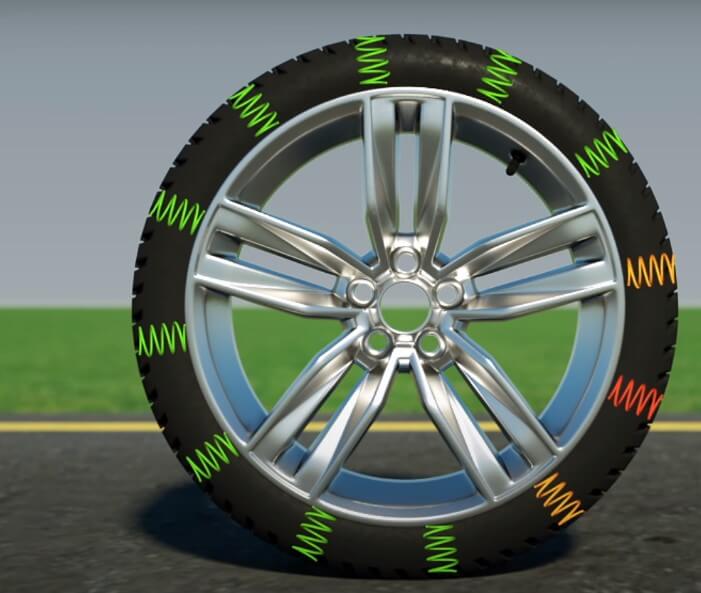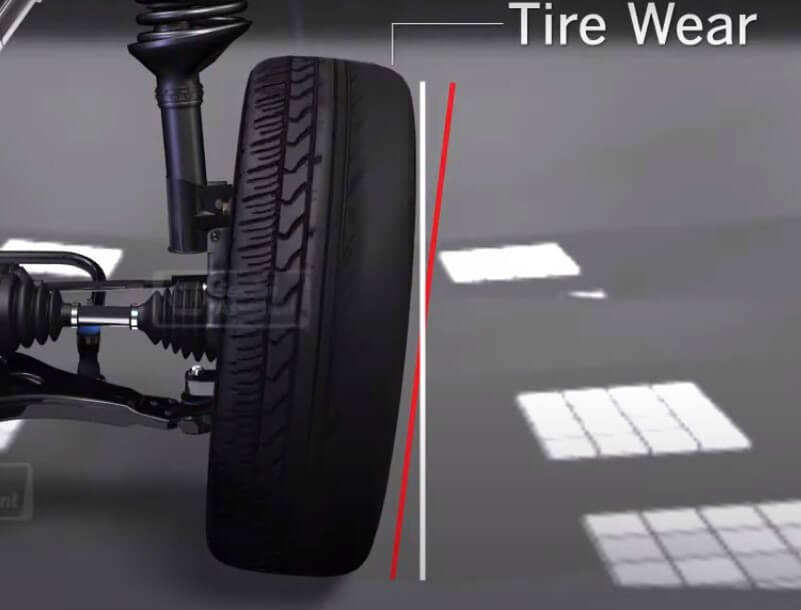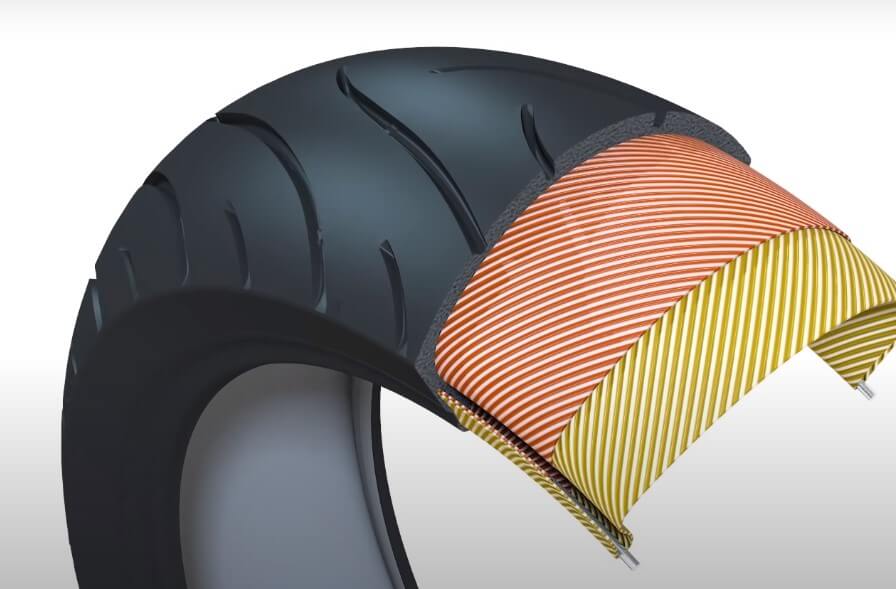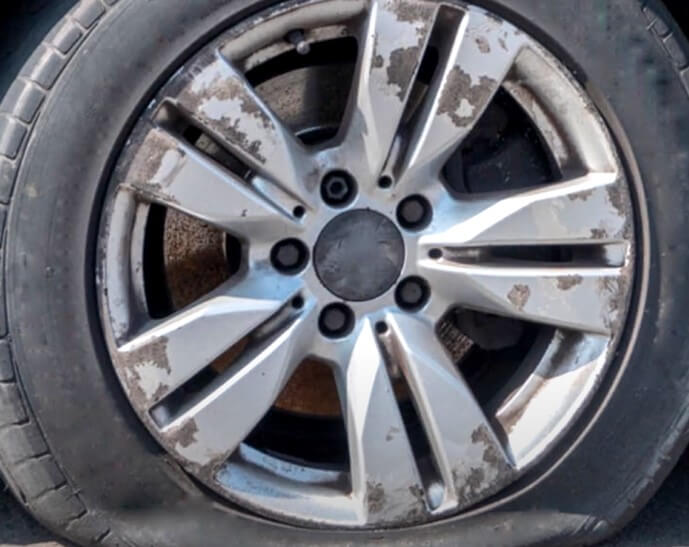
Have you ever gripped the steering wheel a little tighter because your car suddenly felt like it was vibrating? It’s a disconcerting feeling, and it can definitely put a damper on your driving experience. But don’t worry, you’re not alone. Vibrating tires are a common problem, and luckily, there are often easy fixes.
In this article, we’ll delve into the reasons why your tires might be shaking things up. We’ll also explore solutions to get you back on the road with a smooth, comfortable ride.
Common Culprits of the Car Shake
The world beneath your car is a complex system of working parts, and vibrations can stem from various issues. Here are some of the most common reasons your tires might be trembling:
- Imbalanced Wheels: This is a leading cause of vibrations, especially at higher speeds. Imagine your tire and wheel as a perfect circle. If the weight distribution is uneven (due to wear or a missing weight), it creates an imbalance that translates into a shaky ride.

- Uneven Tire Wear: As tires wear down, the tread pattern can become uneven. This unevenness disrupts the smooth rotation of the tire, leading to vibrations.

- Separated Tire Tread: In extreme cases, the tread can actually separate from the body of the tire. This is a serious safety hazard and will cause significant vibrations.

- Out-of-Round Tires: Sometimes, tires themselves can become warped or misshapen. This can happen due to manufacturing defects, impacts, or overloading. An out-of-round tire will naturally vibrate as it spins.
- Bent Wheels: Hitting a curb or pothole can bend a wheel rim. A bent wheel throws the entire tire assembly off balance, resulting in vibrations.

- Loose Lug Nuts: This might seem obvious, but loose lug nuts can compromise the secure fit of the wheel on the axle. This can cause wobbling and vibrations at any speed.
- Worn Suspension Components: Your car’s suspension system plays a crucial role in maintaining smooth handling. Worn shock absorbers, struts, or ball joints can contribute to vibrations, especially when braking or turning.
Feeling the Vibration: Clues to the Cause
The way your car vibrates can sometimes offer hints about the culprit behind the shaking. Here’s a breakdown:
- Vibration at Higher Speeds: This is a classic sign of imbalanced wheels.
- Vibration When Braking: This could indicate warped brake rotors, loose lug nuts, or even worn suspension components.
- Continuous Vibration: This could be caused by imbalanced wheels, uneven tire wear, or out-of-round tires.
- Vibration When Turning: This might point towards worn suspension components or misalignment issues.
Important Note:
If the vibrations are severe or accompanied by a thumping sound, pull over safely as soon as possible. This could indicate a serious issue like a separated tire tread, and continued driving could be dangerous.
Taming the Tremors: Solutions for a Smooth Ride
Now that we’ve identified the potential causes, let’s explore some solutions to get your tires back in top form:
- Wheel Balancing: This is the most common fix for imbalanced wheels. A technician will add small weights to the rim to evenly distribute the weight and eliminate vibrations.
- Tire Rotation: Regularly rotating your tires helps ensure even wear and tear, preventing uneven tread patterns that cause vibrations.
- Tire Repair or Replacement: In cases of severe uneven wear, separated tread, or out-of-round tires, a repair or replacement might be necessary.
- Wheel Repair or Replacement: If your wheels are bent, they may need to be repaired or replaced to ensure proper balance and avoid vibrations.
- Lug Nut Tightening: A mechanic can check and tighten your lug nuts to ensure they are properly secured.
- Suspension System Inspection: If you suspect worn suspension components, have your car inspected by a qualified mechanic for repairs or replacements.
Preventive Measures: Keeping Your Ride Smooth
By following some simple practices, you can help prevent vibrations from occurring in the first place:
- Regular Tire Maintenance: Regularly observe your tire pressure. Uneven or improper inflation can contribute to vibrations.
- Schedule Tire Rotations: Rotate your tires according to your car manufacturer’s recommendations (usually every 6,000 to 8,000 miles).
- Avoid Road Hazards: Be mindful of potholes, curbs, and road debris that can damage your tires or wheels.
- Schedule Regular Maintenance: Regular car maintenance checks can identify potential suspension issues before they cause vibrations.
Leave a Reply